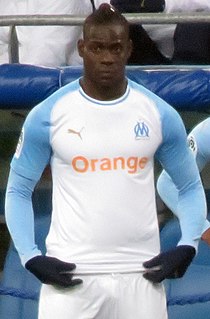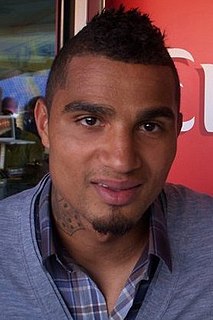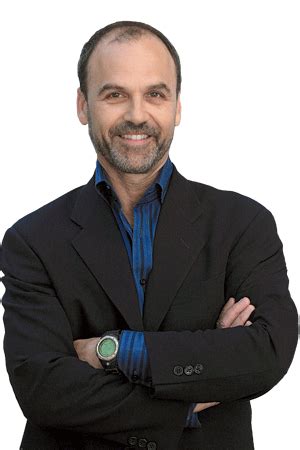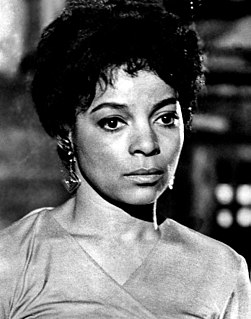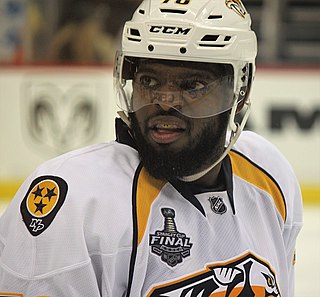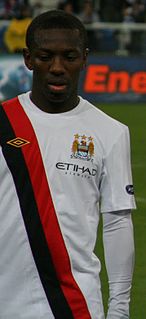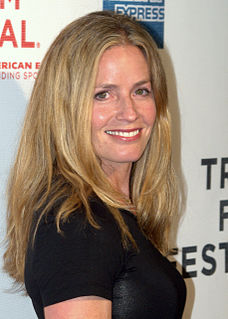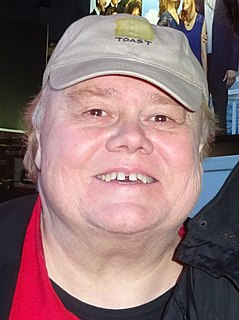A Quote by Mario Balotelli
Even if I don't always behave as I should, this still doesn't explain why so many people have something against me. But you know how it is. A lot of people vent themselves by coming to the stadium to yell at me. I hope it's not racism. I tell myself that it's not racism; it's because I'm tough, and I repeat this to myself.
Related Quotes
We always talk about how, obviously, there is still very in-your-face aggressive racism. But there's a lot of passive racism that, in the moment, you don't even realize is racist. You chalk it up as a strange interaction you had, and then you look at the context of it later on and realize the root of it was racism.
The problem is that white people see racism as conscious hate, when racism is bigger than that. Racism is a complex system of social and political levers and pulleys set up generations ago to continue working on the behalf of whites at other people's expense, whether whites know/like it or not. Racism is an insidious cultural disease. It is so insidious that it doesn't care if you are a white person who likes Black people; it's still going to find a way to infect how you deal with people who don't look like you.
Racism should be viewed as an intervening variable. You give me a set of conditions and I can produce racism in any society. You give me a different set of conditions and I can reduce racism. You give me a situation where there are a sufficient number of social resources so people don't have to compete for those resources, and I will show you a society where racism is held in check.
This film isn't about "white racism", or racism at all. DEAR WHITE PEOPLE is about identity. It's about the difference between how the mass culture responds to a person because of their race and who they understand themselves to truly be. And this societal conflict appears to be one that many share.
I think Splash made people realize that I was still alive, and I think I inspired a lot of people. I have people coming up to me all the time in the airport saying, "Hey, you inspired me to learn how to swim!" "You inspired me to start moving around more." "You inspired me to start doing more for myself." So that was good. But mostly I took it because nobody had given me a job. And you know what really matters in life, right?
People ask, 'Why would you cast yourself in your movie?' And, for me, it's more like an achievement that I am now not playing all the parts, you know? Like I was for so long, in all my performances and a lot of my short movies. So, that's where I'm coming from, not out of a kind of actress-y sense of myself. I mean, I don't really see myself as an actress, but more from performance: this is how you make something. You do it yourself. You're in it and you write it. I think I keep doing it that way, 'cause it's my way. It's what makes me feel like I know how to do it.
